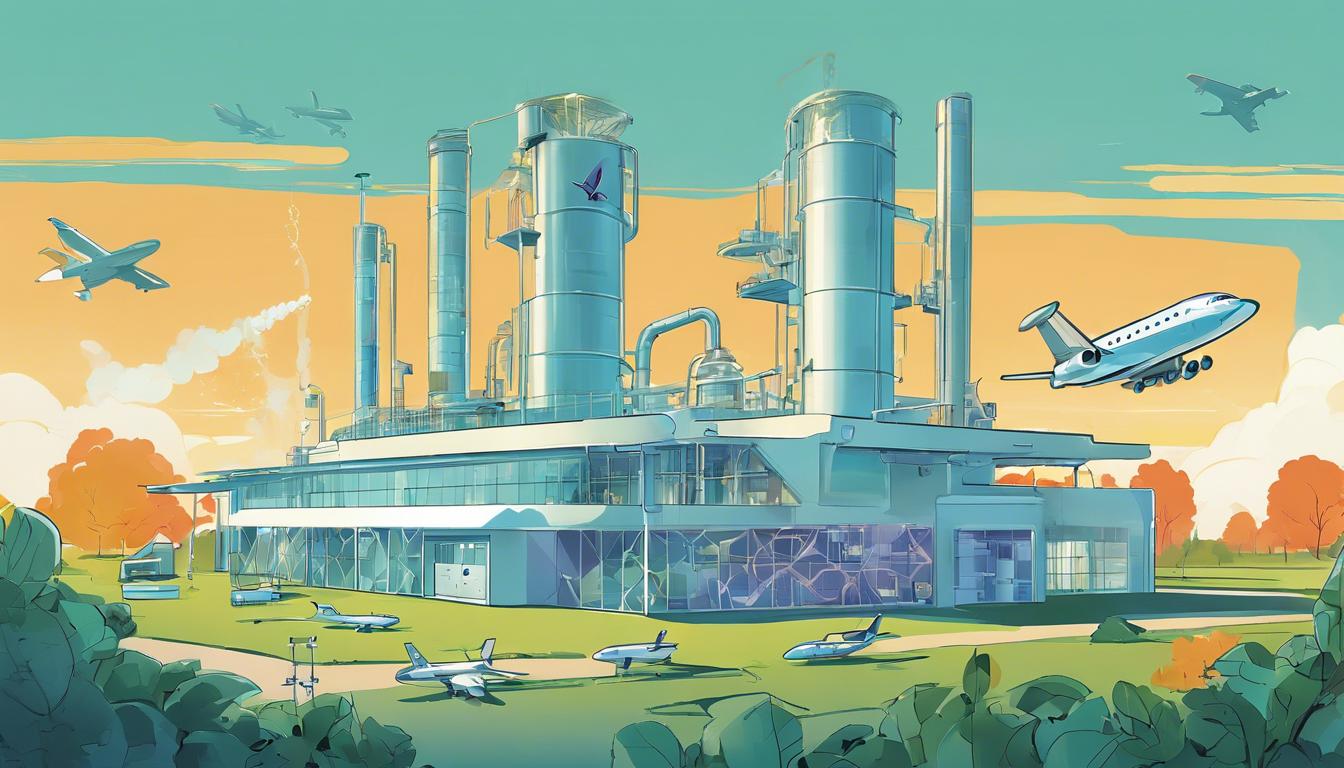Firefly, a biofuel company in the UK, initiates a revolutionary project in Essex, transforming human waste into jet fuel, significantly cutting carbon emissions and aligning with sustainable goals for aviation.
In a significant development for sustainable aviation, UK-based biofuel company Firefly is setting up a commercial-scale facility in Harwich, Essex, to convert human waste into Sustainable Aviation Fuel (SAF). This pioneering project, which is the first of its kind globally, aims to begin production by 2028 and has secured a partnership with Wizz Air to provide up to 525,000 tonnes of SAF over 15 years.
The process utilized by Firefly involves transforming biosolids from Anglian Water’s wastewater treatment into SAF, which is about 70% less carbon-intensive compared to conventional jet fuel. This new fuel type can be blended with kerosene and used in aircraft without any engine modifications, though it is currently more expensive to produce than traditional fuels.
This initiative holds considerable potential for the aviation sector’s sustainability efforts, aligning with the UK’s objective that at least 10% of airline fuel should be sustainable by 2030. Wizz Air has committed to using SAF for 10% of its flights by 2030, showcasing a strong commitment to reducing carbon emissions.
The project not only aims at meeting the growing regulatory demands for reduced-emission fuels in aviation but also exemplifies an innovative approach to waste management by converting sewage into a valuable energy resource.













